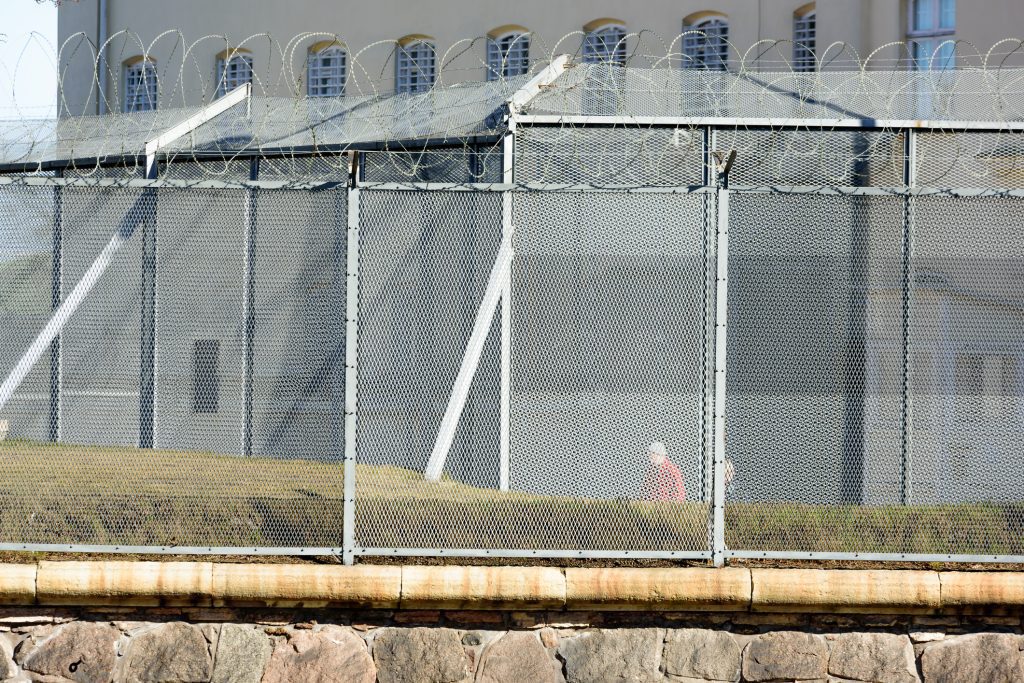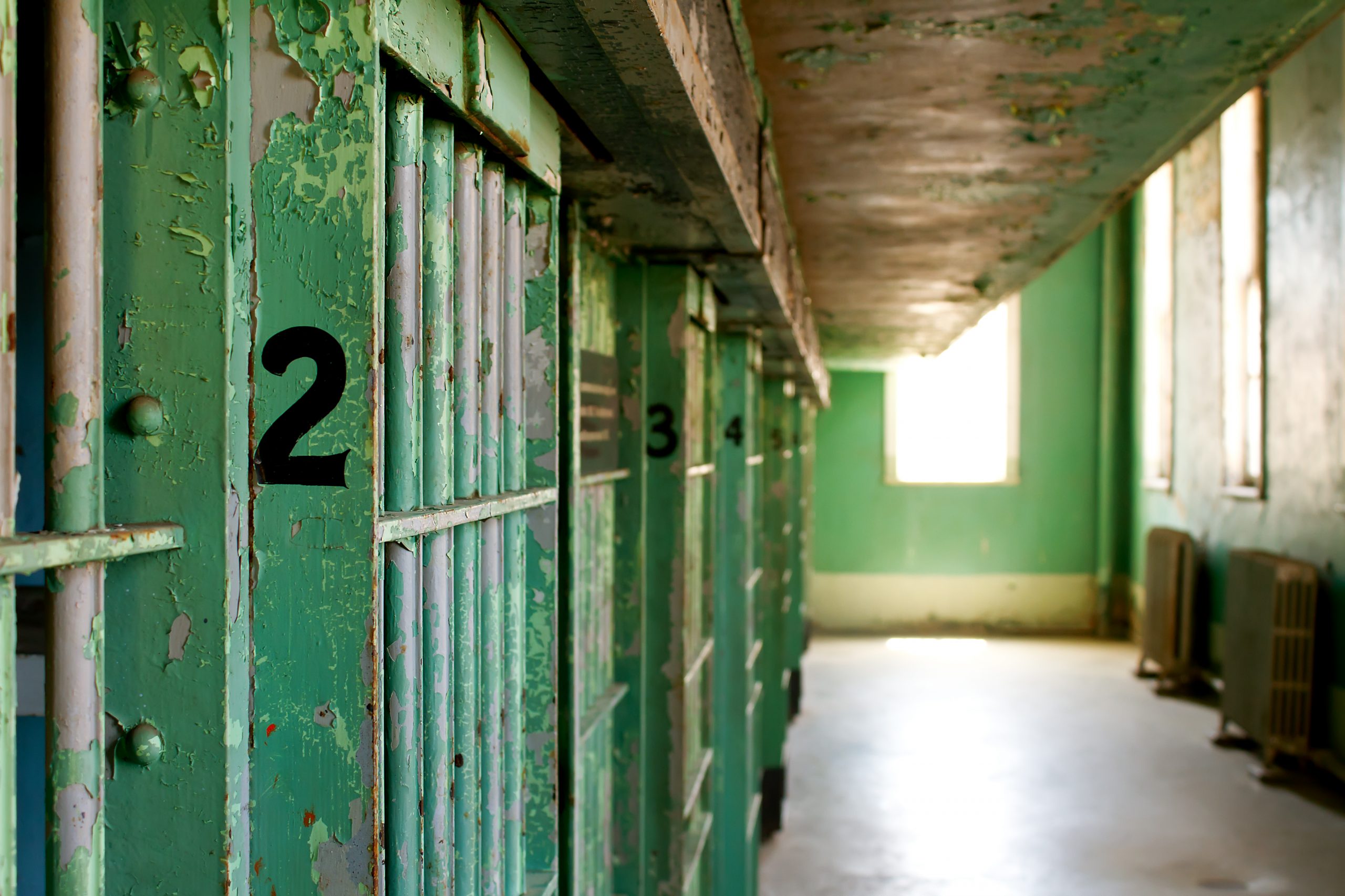No. You should not “be afraid” of other incarcerated people. Violence and harassment do occur in jails and prisons, but fear will not protect you from either. Fear can actually make you a target.
Fear of fear itself
At his inauguration in 1933, Franklin Delano Roosevelt “First of all, let me assert my firm belief that the only thing we have to fear is fear itself–nameless, unreasoning, unjustified terror which paralyzes needed efforts to convert retreat into advance.”
The full sentence of this quote is helpful because it defines the types of fear we should avoid: Panic, terror, and paralysis. These are the kinds of fear that will only make incarceration worse.
On the other hand, fear as skepticism and vigilance are forms of self-preservation. In other words “awareness”. Understanding this, we should be vigilant but avoid panic.
Courage is not bravado or violence
“True courage is not the brutal force of vulgar heroes, but the firm resolve of virtue and reason.” Alfred North Whitehead
There’s always a fine line to find in prison or jail. If you’re fearful or anxious, you’ll attract unwanted attention. If you’re arrogant, brash, or cocky, you will also attract unwanted attention. This is why I like the quote above: “Courage is… the firm resolve of virtue and reason”. You don’t need to beat someone down on your first day to get respect. Don’t believe the prison or tv show that would have you believe that. I found that firm resolve was all I needed to navigate three years of high/medium-security prison [internal link about interacting with other incarcerated people].
At the risk of oversimplifying this, the “golden rule” is pretty effective. In life and in prison. Or, as it’s said inside: “Let me do me and you do you”.
Be aware, proactive, and adaptive
This said, no person is an island. Prisons and jails are social ecosystems and different places have different conditions. There is plenty you could be afraid of. Your jail may be a completely different facility than your prison. Some places are totally dominated by organized groups. Some other places might be totally isolated. You will be challenged to adapt. From institution to institution. Sometimes from day to day. It will take time and diligence for you to navigate these situations. But a foundation of firm resolve, virtue, and reason will take you far.
Be proactive. Your personality and confidence are important. But it is important that you actively avoid dangerous situations. Avoid dangerous people and dangerous locations. Avoid “blind spots”—places where guards and cameras can’t see. Actively communicate with people who might prevent violence. Sometimes this means guards. Sometimes this means other incarcerated people. Learn who the peacemakers are.
Unfortunately, no matter what you do, the day may come where you need to ask for outside help. This is called “checking in” and it carries a stigma similar to snitching. An alternative to checking in may involve calling the (PREA) hotline at 1-833-362-7732.

The Takeaway:
Yes, prison and jail can be scary. But, being fearful won’t help your situation. Be calm and confident. Maintain your boundaries. And, be social. Typically you’ll find some folks you can get along with. Friendships can offer some protection and they’ll help you pass the time.
Some helpful literature to prepare includes Game Theory, The Art of War, 48 Laws of Power, and The Prince.






